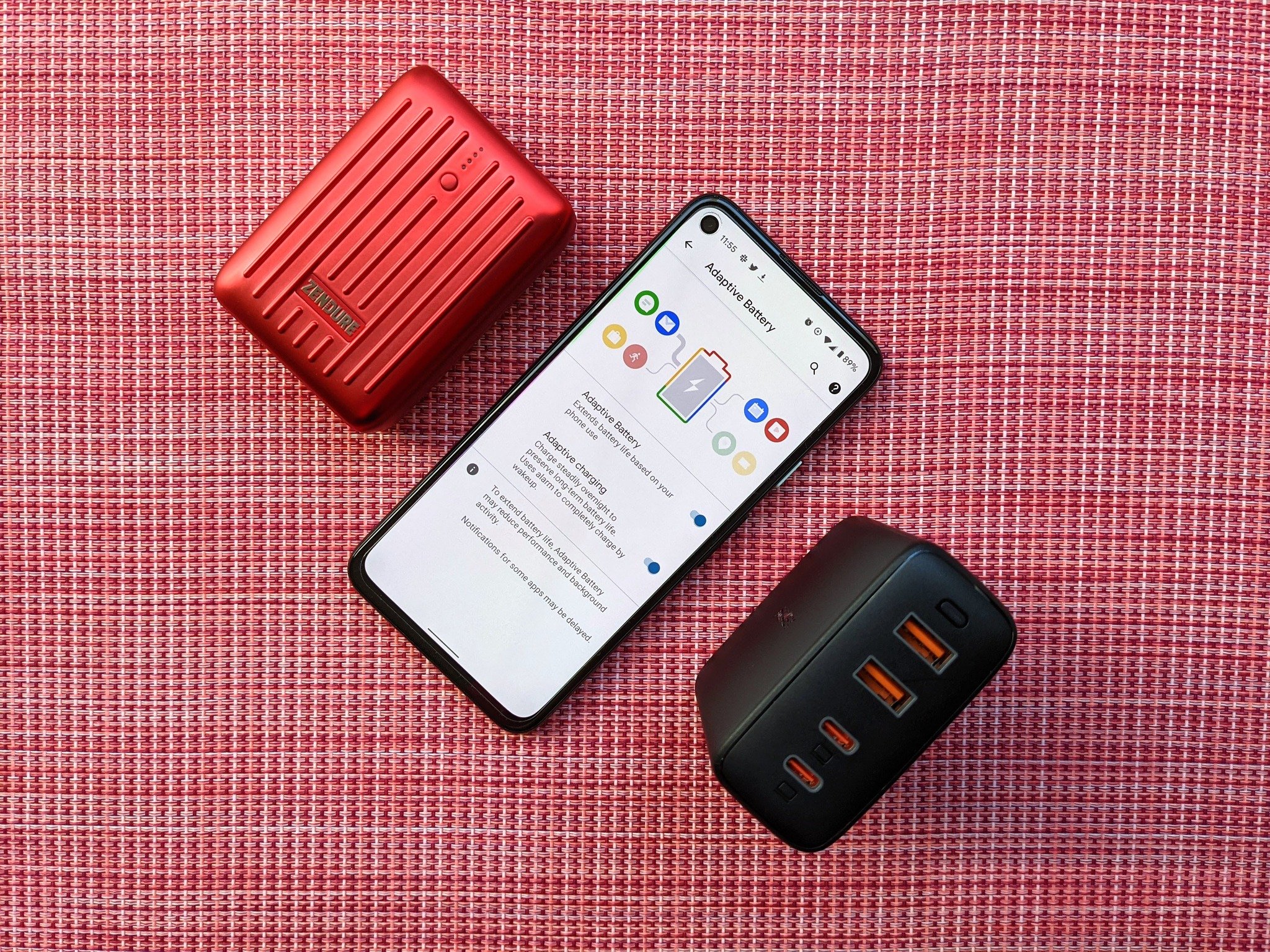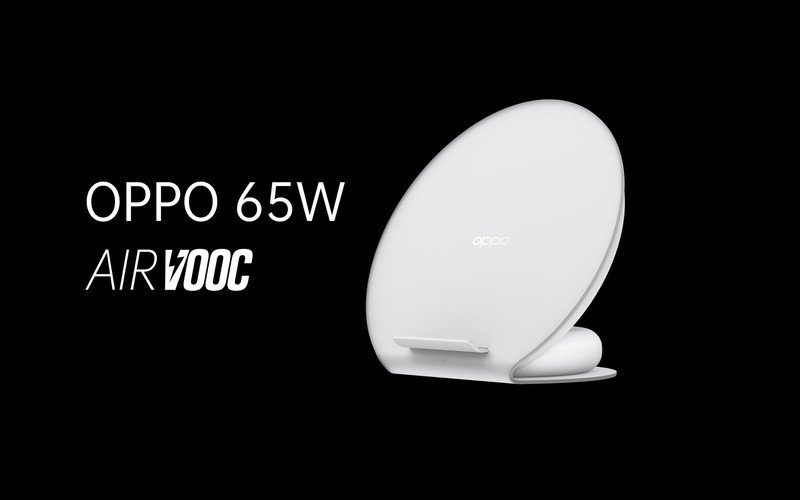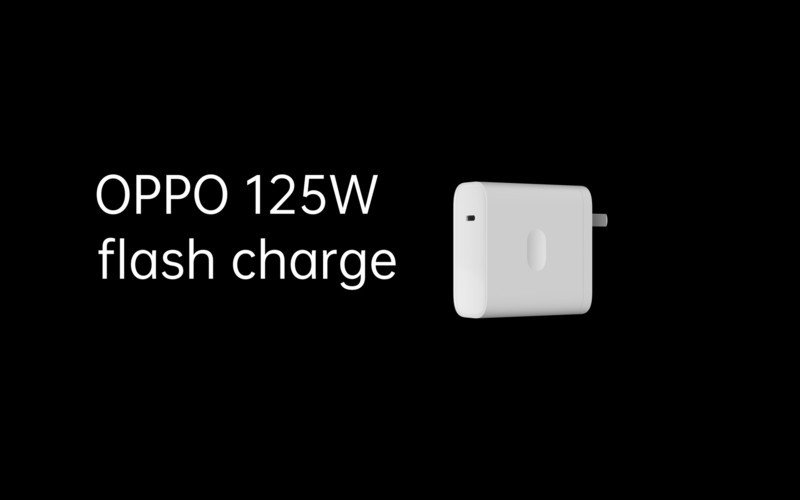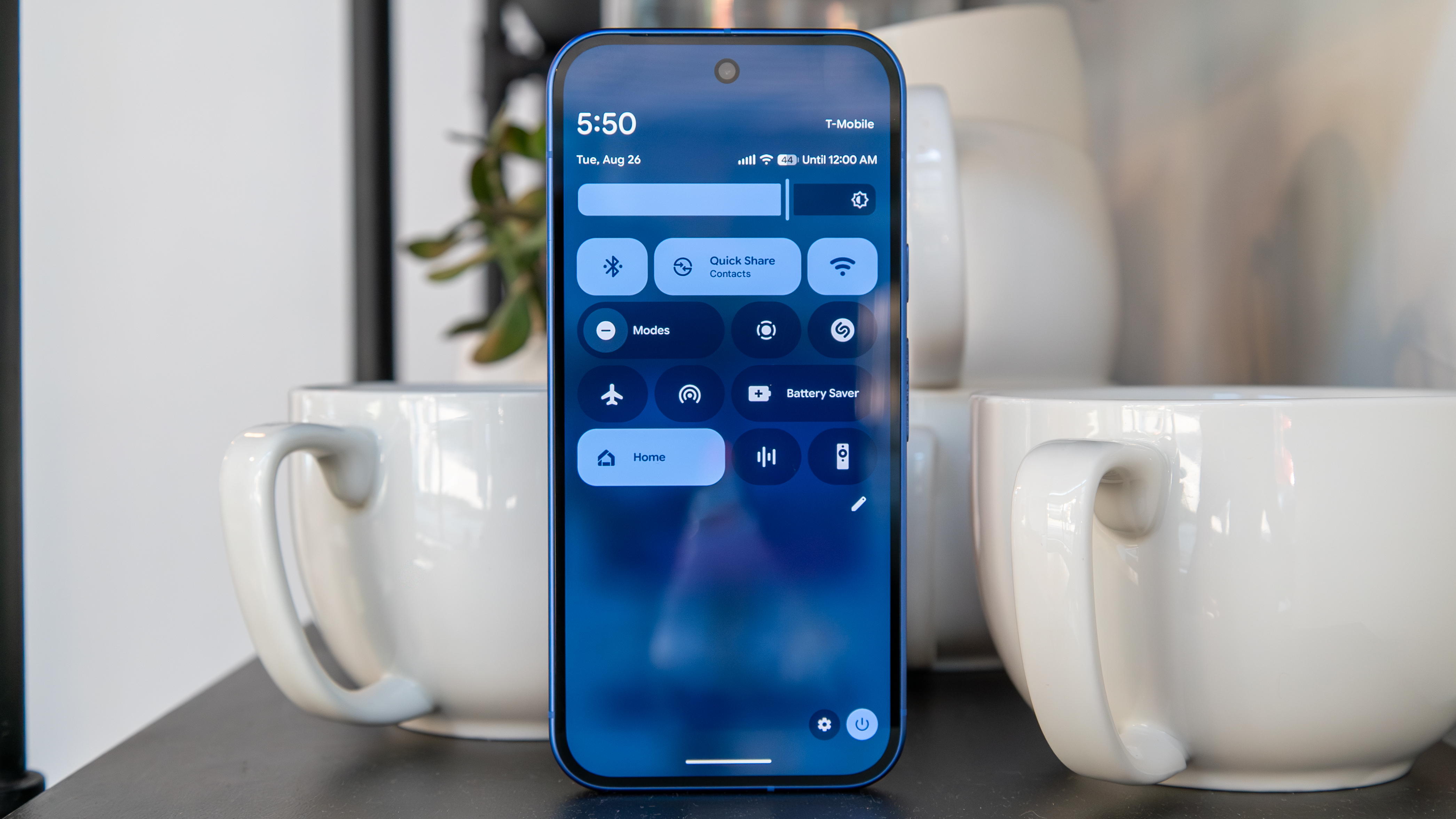Pixel 5's Adaptive Charging should (and likely will) be part of Android 12

Among the additions in week's December 2020 feature drop for Google Pixel phones is Adaptive Charging, a smarter way to handle charging that should hopefully lessen the wear on Pixels' batteries over time. It follows similar features by Android manufacturers like OnePlus and ASUS, who've looked to lessen the impact of fast charging on long term battery life.
First, a quick refresher on lithium-ion batteries. Because of the chemistry of these batteries, you ideally want to minimize the amount of time it spends with either very high or very low charge levels, both of which stresses the battery. Much like in humans, increased stress over time causes premature aging in batteries.
The truth about this —and all kinds of battery degradation really — is you'll only really see the difference this makes over years of use. But hopefully you're planning to keep a new phone for a couple of years, so you'll want to make the most of your battery.
The more time your battery spends at 0-20% or 80-100%, the more it ages.
That's not to say that having a phone battery at 100% some of the time is bad. Your battery is there to be used, after all, but if you're constantly charging it from 80 up to 100%, it's going to age faster than it otherwise would, because of the strain this puts on the internals of the cell. (Ever wonder why your new phone is never fully charged out of the box? This is why.)
The aim of smart charging software like Adaptive Charging is to minimize the amount of time your battery spends in this critical 80-100% range. All phones tend to charge more slowly for the final 10-20% of a charge cycle, but Adaptive Charging is different. It uses your alarm time, as set in the Google Clock app to figure out when you're going to need your phone at 100%, and adjusts charge speed accordingly.
As fast charging becomes more common, and overall charging times become shorter, there's a potentially damaging side-effect, even beyond the heat generated by higher wattage charging. If you fast-charge overnight, your phone heats up more to get to 100% quicker (bad), and spends more time at 100% overnight (also bad). This doesn't mean fast charging is bad — it's a great convenience to have. The solution here isn't slower charging all-round, it's smarter charging.
Google's solution is characteristically simple. Most of us set an alarm, so why not just use this time to set a target for when to reach 100%, so the time left sitting at 100%, wearing the battery, is reduced.
Get the latest news from Android Central, your trusted companion in the world of Android
Other manufacturers like OnePlus have similar systems, but based around learning your phone habits over days or weeks of use.


Software can help, ensuring your phone is never sitting at 100% still charging.
With the arrival of 100W and higher fast-charging in 2021, the overnight charging problem detailed above is only going to get worse without some sort of smart or adaptive charging. Imagine using Oppo's 125W charging next year: Your phone would spend 20 minutes fully juicing back up, then 7 or 8 hours sitting at 100%, gradually degrading battery health.
It's clear that there needs to be an Android platform-level solution to this problem, because this problem is only going to worsen over time. Google has a track record of testing the waters with new features on Pixel phones before eventually bringing them platform-wide in subsequent Android releases, so Android 12 would seem the ideal opportunity to bring Adaptive Charging to all phones.
After all, Adaptive Battery itself, of which the new charging option is part, has been present across all Android phones since Android 9 Pie.
Charging is a pretty low-level function of your phone, generally handled by the Linux kernel's power management (and modifications each vendor does to it). So while it might not be possible to have the technical underpinnings be exactly the same on every phone, Google could easily define the general characteristics of how Adaptive Charging should work, then leave the nuts and bolts up to the manufacturers.
In the short term, it makes sense for Google to test the waters on a couple of phones that Google itself manufacturers. But before long we could be seeing this pop up on every Android phone sold, from late 2021 onwards.

Alex was with Android Central for over a decade, producing written and video content for the site, and served as global Executive Editor from 2016 to 2022.

